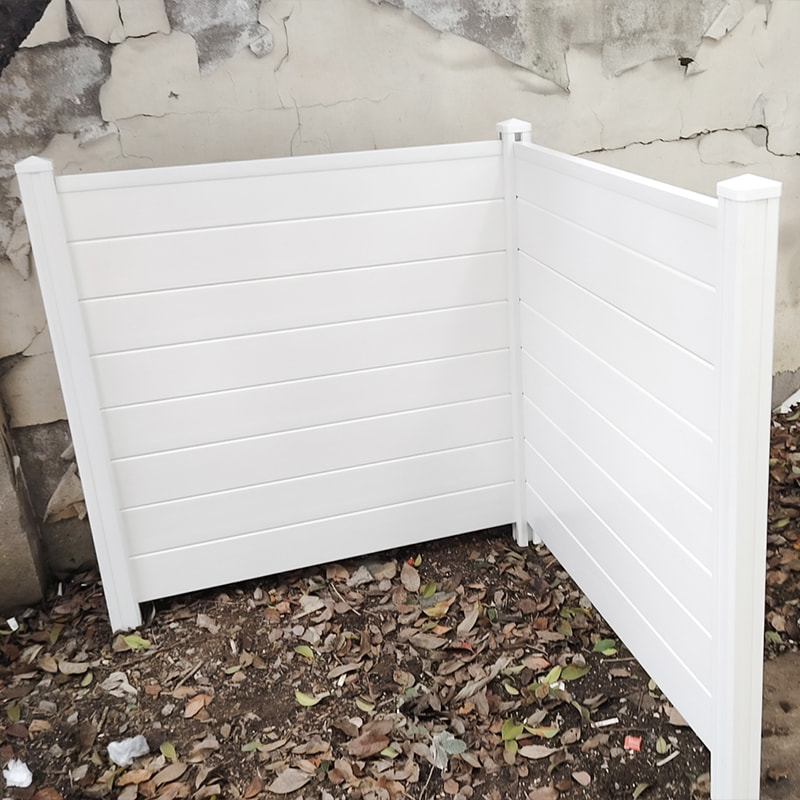 +86-572-8086381 / 8282992
+86-572-8086381 / 8282992  hzjfence1@hzjfence.com
hzjfence1@hzjfence.com  +86-572-8086381 / 8282992
+86-572-8086381 / 8282992  hzjfence1@hzjfence.com
hzjfence1@hzjfence.com 
Sep 02, 2025
Choosing the right privacy screen for your fence can be a game-changer for your backyard, but the options can be confusing. When comparing a PVC fence screen to a standard mesh screen, it's a matter of weighing different priorities: privacy, durability, and cost. While both provide a barrier, they do so in fundamentally different ways.
A standard mesh fence screen is typically made from a knitted or woven polyethylene (HDPE) material. This allows for excellent airflow, which is a major benefit in windy areas. The construction is similar to a tarp or a heavy-duty fabric. They come in various "privacy percentages," usually from 70% to 95%, which indicates how much light and visibility they block.
A PVC fence screen, on the other hand, is a different kind of product entirely. It's often made from solid vinyl planks or strips that are woven together, or sometimes as a solid sheet. This material is what gives it a unique set of advantages and disadvantages. A solid PVC fence screen is designed for maximum privacy, often offering 99% or 100% blockage.
This is the most significant difference between the two products. A mesh screen's knitted material provides some privacy, but because it's designed to be porous, you'll still have some visibility, especially at close range. Its primary job is to create a visual barrier while allowing wind to pass through it, preventing it from acting like a sail and pulling on your fence.
A PVC fence screen, due to its solid construction, is built for complete privacy. You cannot see through it. This makes it a perfect choice for areas where you want to completely block the view, such as around a swimming pool, a hot tub, or a dog run. However, this lack of porosity means it will catch the wind, which can put significant stress on your fence posts. For this reason, it's crucial that a PVC fence screen is installed on a robust fence, such as a chain-link fence with sturdy posts.

Both materials are designed for outdoor use, but they handle the elements differently. Mesh screens are highly resistant to mildew and UV damage. They are lightweight and easy to clean with a quick spray from a hose. They are also less prone to tearing and are generally quite durable.
A PVC fence screen is also very durable, but its solid surface offers a different kind of longevity. Vinyl is naturally resistant to fading, mildew, and rot. It doesn't absorb water, so it's simple to wipe down. Because it's a solid material, it's also more resistant to punctures or tears than a typical mesh screen. The main concern with a PVC fence screen is the stress on the fence itself, not the material.
Generally, standard mesh privacy screens are more affordable up-front than a PVC fence screen. The cost difference can be substantial, especially for large areas. The price of a PVC fence screen reflects its heavier material and the complete privacy it offers.
Choose a mesh screen if: Your primary goal is a cost-effective visual barrier that allows for good airflow. This is the ideal option for fences in very windy locations.
Choose a PVC fence screen if: You need complete privacy and have a sturdy fence that can withstand wind pressure. This is the professional-grade solution for maximum seclusion and a clean, solid look.